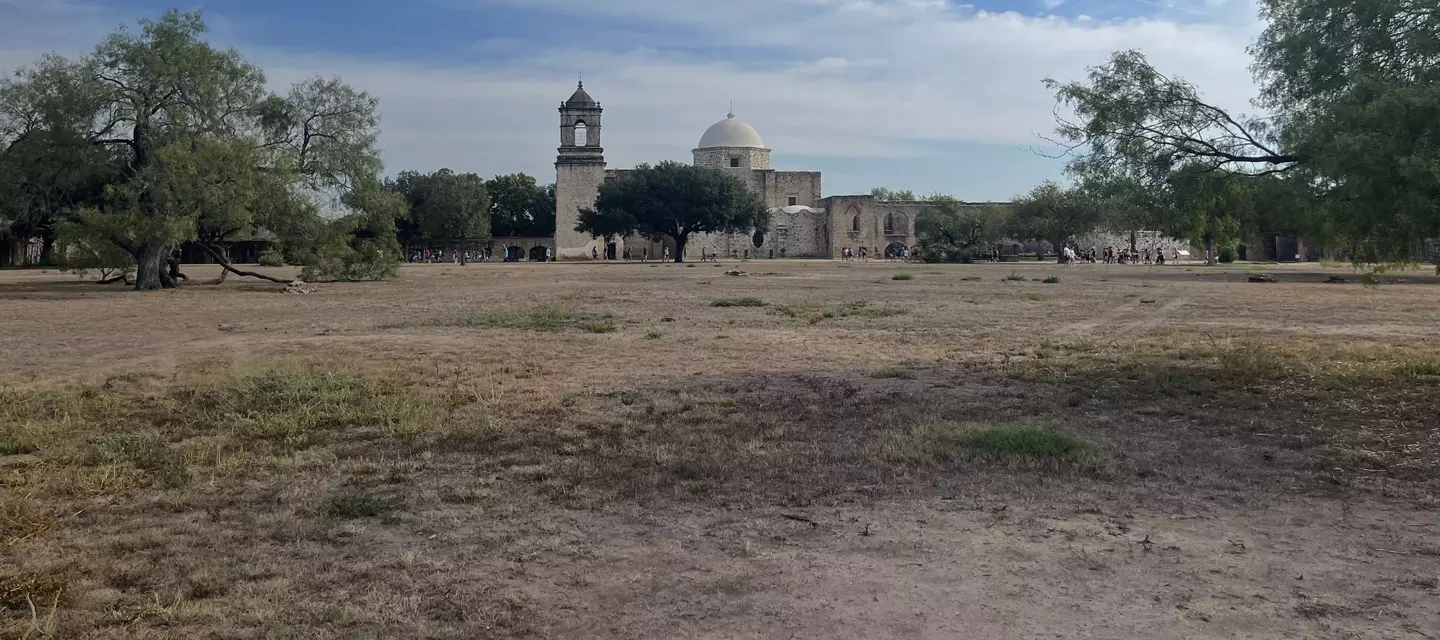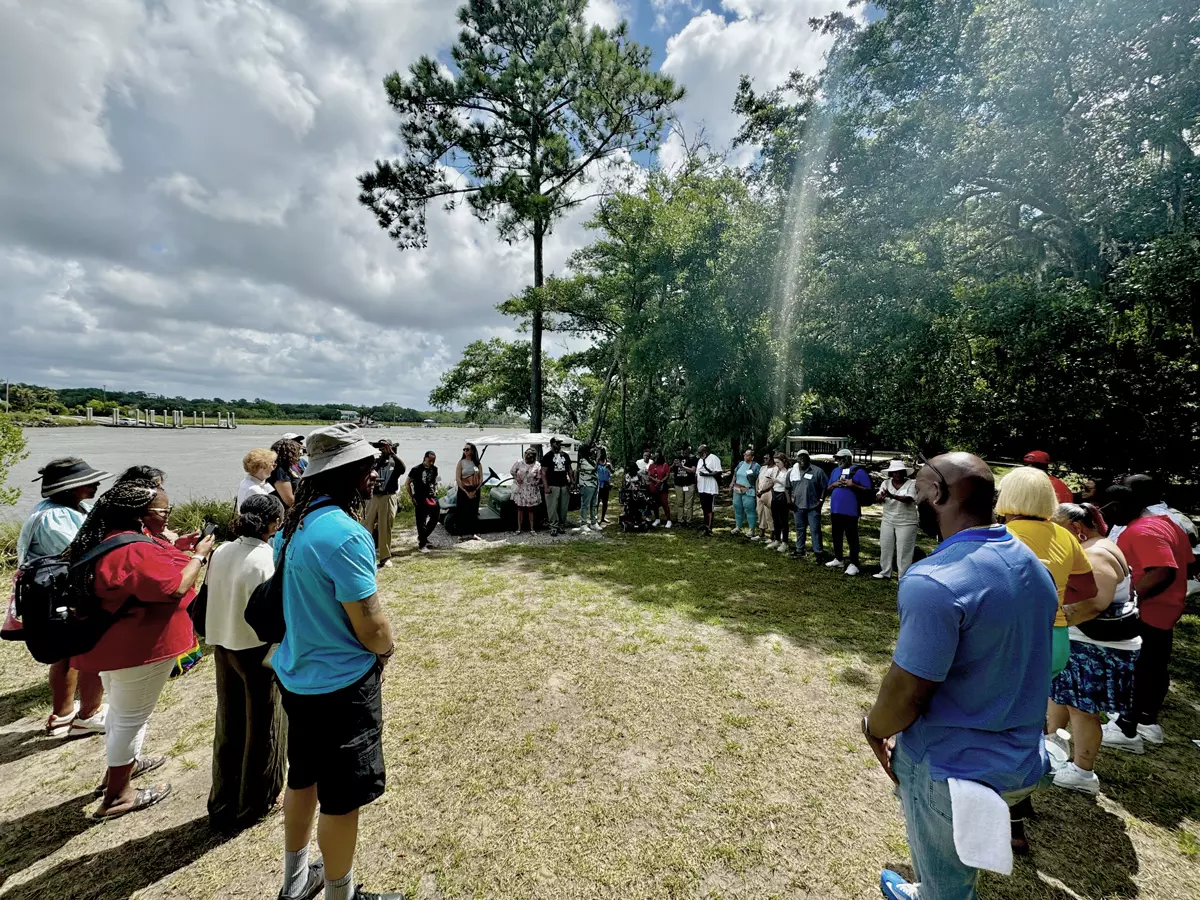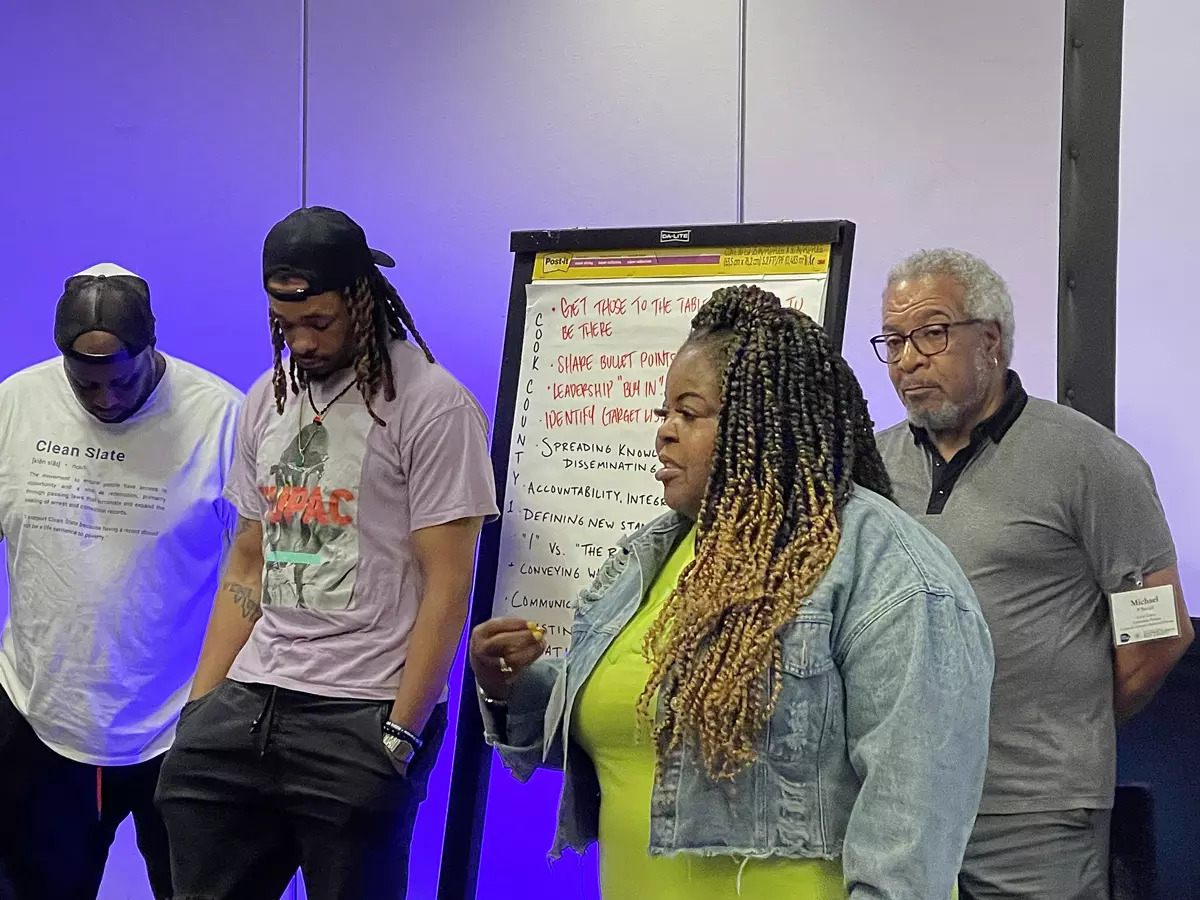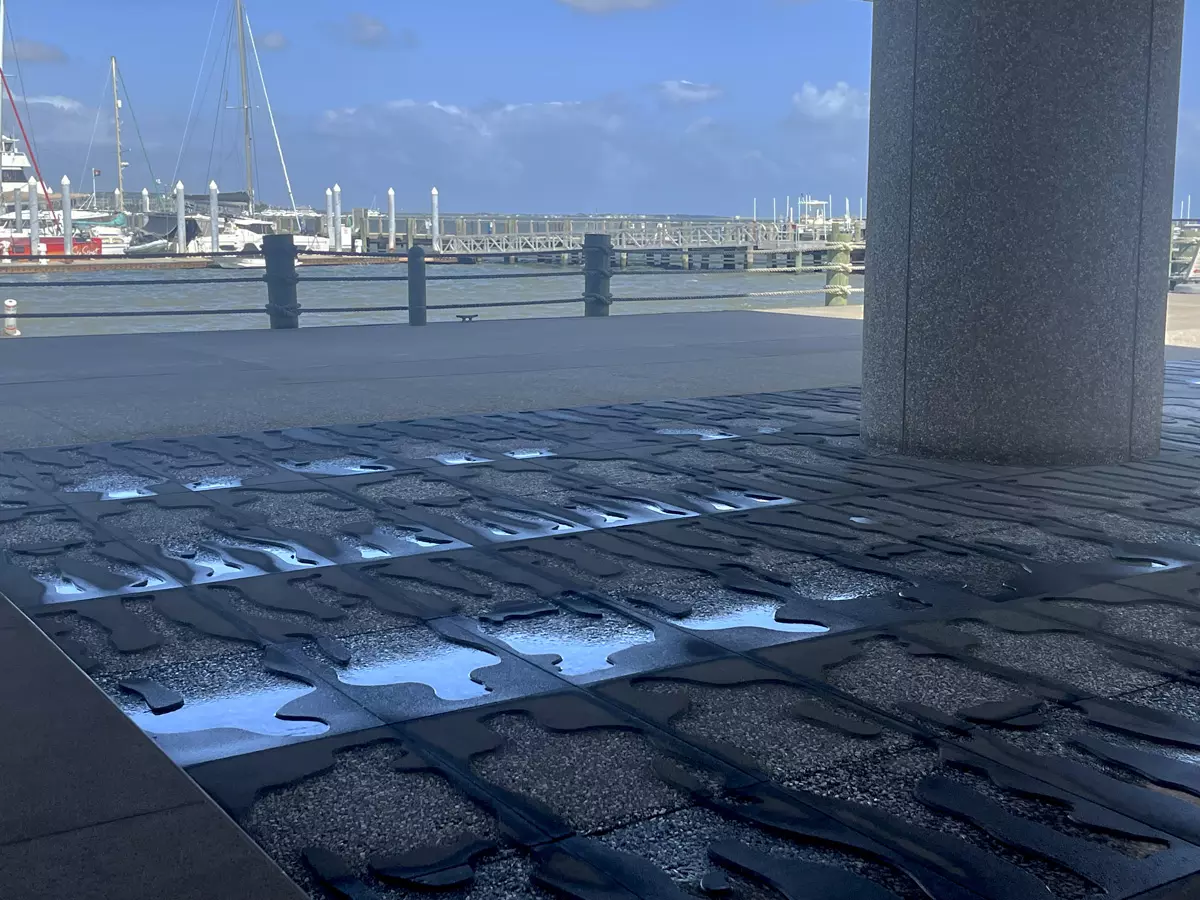
About
Despite decades of reform, racial disparities have remained unchanged or worsened in juvenile and adult justice systems across the U.S. While important strides have been made in the justice reform movement, people of color, particularly Black and Indigenous, continue to experience harsher treatment at every point in the system, including arrest, adjudication, pre-trial incarceration, and sentencing. Moreover, people of color are the most likely to lose their lives at the hands of police and in carceral settings. In this context, government accountability and transparency have become little more than buzzwords.
While there is no singular solution to this centuries deep systemic problem, Race Forward is working to ask and answer the questions that get at the root cause in service of building root solutions.
Photo above: Mission San Jose, San Antonio Texas. In partnership with the local nonprofit organization, American Indians in Texas at the Spanish Colonial Mission, Learning Exchange Retreat participants visited three former Missions to engage with the 600+ years of history of colonization and missionization and its relationship to mass incarceration.

Our Work
The Root Solutions for Public Safety work is an expression of our commitment to Co-Governance – change is driven by the people most harmed by mass incarceration and implemented in partnership with government to catalyze systemic and institutional level change.
While our north star is a world without jails, prisons, and detention centers, we seek to reduce harm in pre-trial legal systems and carceral settings while building infrastructure to answer national calls for “government accountability and “transparency” of public safety systems.

The Root Solutions for Public Safety Project
This project focuses on organizing and engaging cohorts of people who have been impacted by the system and lead grassroots community-based organizations, as well as government practitioners who work within the system from the same jurisdictions. The cohorts lead in designing and testing innovations that will advance racial equity in their respective jurisdictions, as well as produce impactful knowledge and tools that can be used by others. The cohorts are supported to become dynamic and solutions-oriented communities of praxis through a continuous cycle of learning, applying, and reflection. The primary vehicle for learning and reflection are the Learning Exchange Retreats.

The Learning Exchange Retreats (LERs) intentionally innovate on the more traditional models of technical assistance. LERs rely on context-specific and homegrown expertise of justice system-impacted people, community leaders, families, and government practitioners who participate and lead. Each LER takes place in a historically specific site that provides cohort members with opportunities for situated learning about the tangled roots of racial and economic inequality and carcerality in the U.S. and incubate solutions that address the root. Below are three examples of the LERs:
- Montgomery, Alabama: Participants engaged in learning about how the history of enslavement and lynching shaped the carceral system by visiting the Equal Justice Initiative Memorial to Peace and Justice and Legacy Museum.
- San Antonio, Texas: In partnership with American Indians in Texas at the Spanish Colonial Missions (AIT-SCM) participants engaged with the history of colonization, missionization, cultural genocide, and the Native boarding school system in shaping the legal system and fueling mass incarceration.
- Charleston, South Carolina: Participants toured a former site of enslavement (the McLeod Plantation) before engaging with the Black-led resistance efforts of the Gullah Geechee people and participating in the International African American Museums’ Day of J.O.Y (Juneteenth On the Yard) in celebration of Juneteenth.
This work is fueling the creation of a Root Solutions for Public Safety narrative library that will be comprised of Issue and Solutions briefs. The content hones in on unpacking the issues around government accountability and transparency, while offering solutions to answer this decades long call to action. To practice our commitment to values of restorative justice, cultural healing, multi-racial democracy, safety and belonging, we are engaging a community of justice scholars to support the development of this narrative library both as curators and authors. This group primarily includes people most harmed by mass incarceration including formerly/ currently incarcerated people, frontline staff, and families.
This process attempts to disrupt deeply ingrained patterns where projects exist in a vacuum and are measured against a binary paradigm of working or not working. We are committed to bringing real and sustainable change to this important issue. As such, we have developed a framework for continuous learning and to assess this project’s impact. This framework revolves around Innovating, Shifting Norms and Practice, and Building Power across those most harmed and impacted by racial injustice in the participating site jurisdictions. All three of these work hand in hand to disrupt the status quo and bring root solutions to this complex problem.

